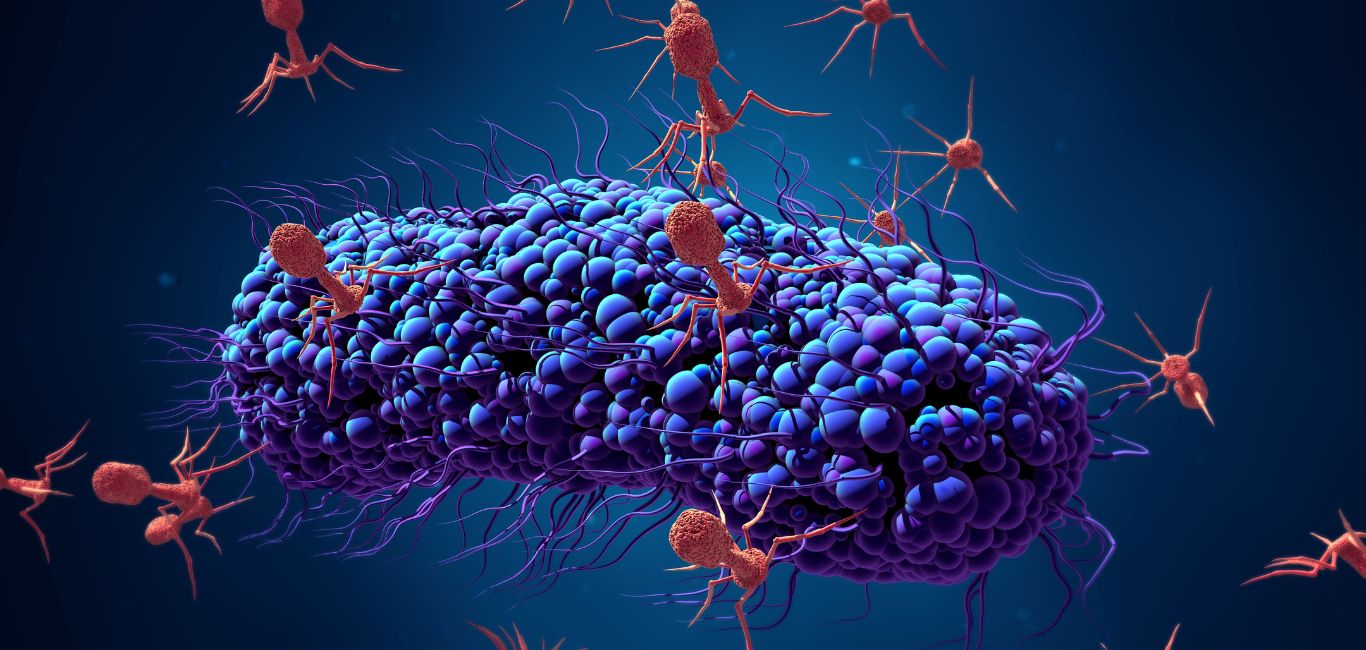
Scientists have discovered the presence of receptors responsible for the sensation of touch, tension, and pressure in the colon, potentially offering a revolutionary way to treat chronic gut pain associated with disorders such as irritable bowel syndrome (IBS).
The team of researchers from Flinders University in Australia and Washington University in the US identified the presence of Piezo2 receptors, the discovery of which won the 2021 Nobel Prize in Physiology or medicine, in the colon as responsible for the pain we feel in the gut.
“It was previously known that many different ion channels are located on the ‘pain-sensing’ neurons that communicate from the gut to the brain, but our study has now identified the major ion channel in the colon that responds to mechanical stimulation leading to the sensation of pain,” Professor Nick Spencer, a Matthew Flinders Professor in the College of Medicine and Public Health, said in a statement.
The 2010 discovery of the Piezo2 receptor revolutionized the field of biology by throwing light on how cells sense touch, tension, and pressure. Numerous studies have focused on using this receptor as a target to manage chronic pain.
The discovery of the receptor’s presence in the gut is significant because of how hard it has been to treat gut pain. Current treatments involve the use of opiates, including morphine and its derivatives. These medications are highly addictive and come with a host of side effects.
“Chronic pain from internal organs, such as the gut or bladder, is notoriously difficult to treat,” adds Prof Spencer. “In discovering that this receptor is also in our gut, there’s the potential that selectively targeting these channels could be used for long-term silencing of pain sensations from internal organs, without the need for frequent consumption of opiate pain medications.”
The researchers published their findings in the peer-reviewed journal Neuron in December 2022, stating that future studies could target the Piezo2 channel to silence pain, thereby providing an opioid-free alternative to manage visceral chronic pain.















